Sleep Deprivation
It Helps. Caffeine combats drowsiness by tricking your brain into feeling alert. It temporarily blocks adenosine, a naturally sedating brain chemical, to prevent fatigue. “If you don’t get a full night’s sleep, you’ll wake up with more adenosine in your brain than you normally would,” explains Timothy Roehrs, PhD, of the Sleep Disorders and Research Center at Henry Ford Hospital in Detroit. A hit of caffeine neutralizes adenosine and helps you feel less sleepy. If you’re a regular coffee guzzler, though, you may need an extra boost to counter your late night. “As tolerance develops, the brain makes more receptors for adenosine,” says Roehrs. “So you need more caffeine to block the added receptors.” These are the signs you’re drinking too much caffeine.
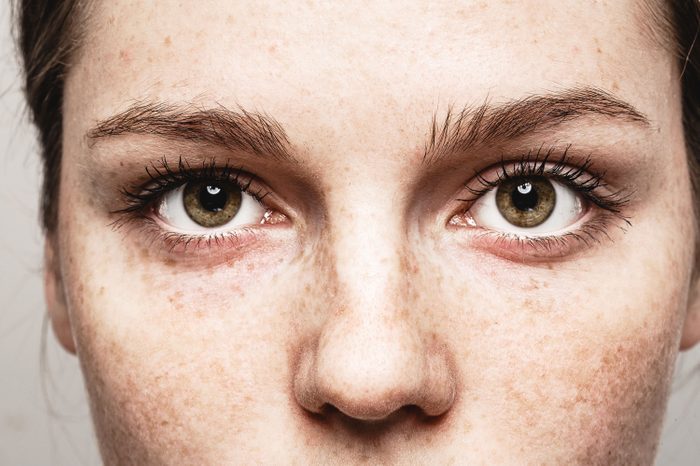
Alertness
It Helps. People who don’t use caffeine regularly “usually become significantly more alert and better able to perform cognitive and motor tasks — like paying attention during boring or rote routines such as typing — if they’re given the proper caffeine dose,” says Laura Juliano, PhD, a professor of psychology at American University in Washington, DC. (For people who do use caffeine regularly, however, it offers few, if any, benefits.)
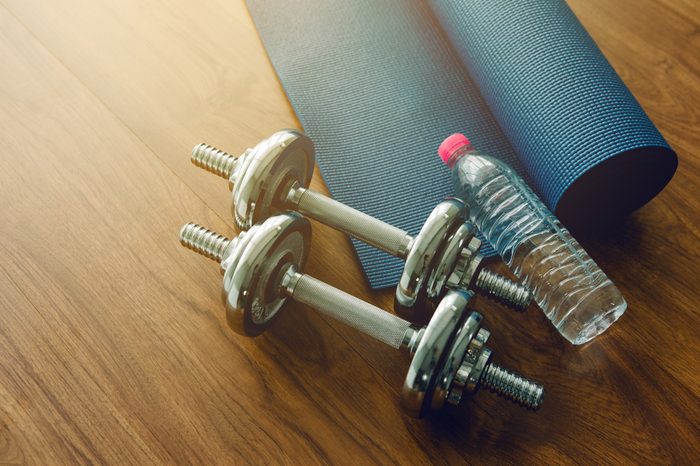
Workouts
It Helps. “Caffeine can improve physical performance in an endurance exercise like running, but the effect is less for short bursts of movement such as lifting weights or sprinting,” says Matthew Ganio, PhD, a professor of kinesiology at the University of Arkansas. Caffeine prompts the body to burn more fat stores instead of the limited stores of carbohydrate in our muscles. When the muscles run out of carbohydrate, you get tired. The benefit may be smaller in regular caffeine users. Check out these non-caffeinated ways to boost your workout.
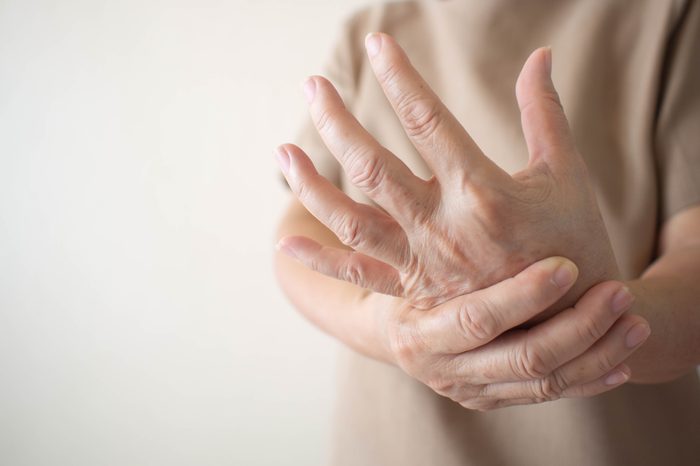
Parkinson’s Disease
It Helps. In a study published in the journal Neurology, those who consumed at least four cups of caffeinated coffee a day (an eight-ounce cup of coffee has between 95 and 200 mg) dramatically reduced their likelihood of developing Parkinson’s. What’s the connection? Parkinson’s patients gradually lose the nerve cells that produce the neurotransmitter dopamine. Caffeine protects those nerve cells.
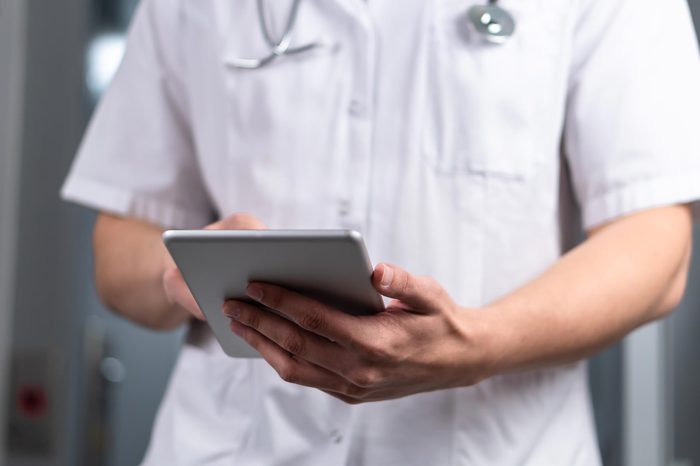
Alzheimer’s Disease
It May Help. “In mice, caffeine not only defends against inevitable memory impairment,” says Gary Arendash, PhD, of NeuroEM Therapeutics Inc., “but also substantially decreases the amount of beta-amyloid, the bad protein that many researchers believe is the root cause of the disease.” The few human studies have been inconsistent. In a Hawaiian study that tracked nearly 3,500 middle-aged men for 25 years, those who had reported consuming at least 400 mg of caffeine a day were 55 percent less likely to have brain lesions characteristic of dementia at their death than those who said they consumed less than 140 mg a day. However, they were no less likely to be diagnosed with dementia during their lifetime. Check out the early signs of Alzheimer’s every adult should know.
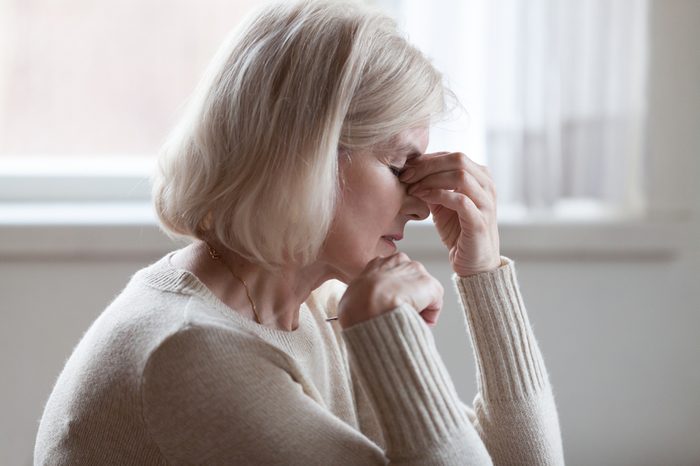
Headache
It Helps. When the pain comes on, the blood vessels in your brain widen; caffeine constricts them. It’s also a mild pain reliever.
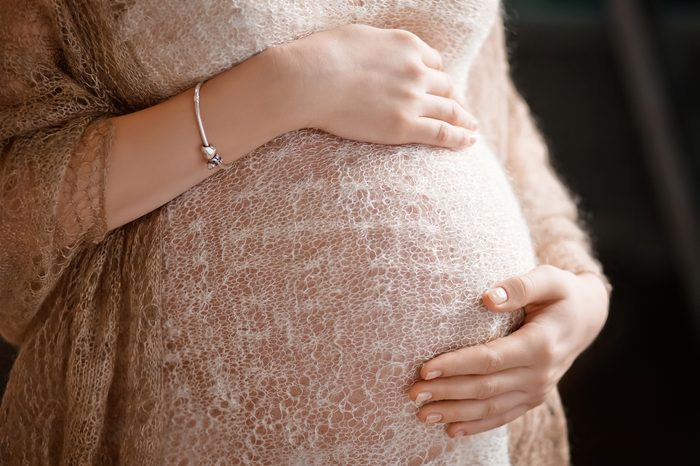
Pregnancy
It May Hurt. The March of Dimes recommends that women who are pregnant or trying to become pregnant consume no more than 200 mg of caffeine a day because the harmful effects of more than that on fertility and fetal health “cannot be ruled out.” Now learn the 4 chores you should avoid when you’re expecting.
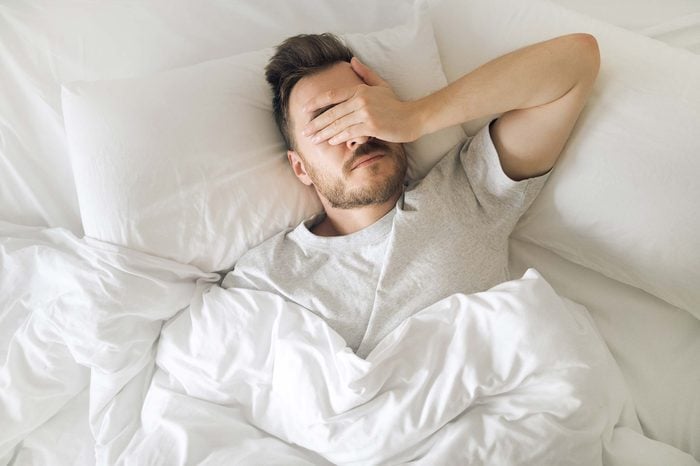
Disrupted Sleep
It May Hurt. People don’t realize how much caffeine affects their sleep,” says Juliano. “For those who are slow metabolizers of caffeine, there’s still enough in their system to disrupt sleep at night even if they stop consuming it much earlier in the day.” People who go off caffeine typically say they sleep longer and sounder, both Roehrs and Juliano report.

Heart Rhythm
It Doesn’t Matter. According to a study published in the Journal of Clinical Electrophysiology, drinking coffee (regular or decaf) didn’t increase the risk of cardiac arrhythmias, even among those with existing heart conditions. (These heart conditions are more common in women.)
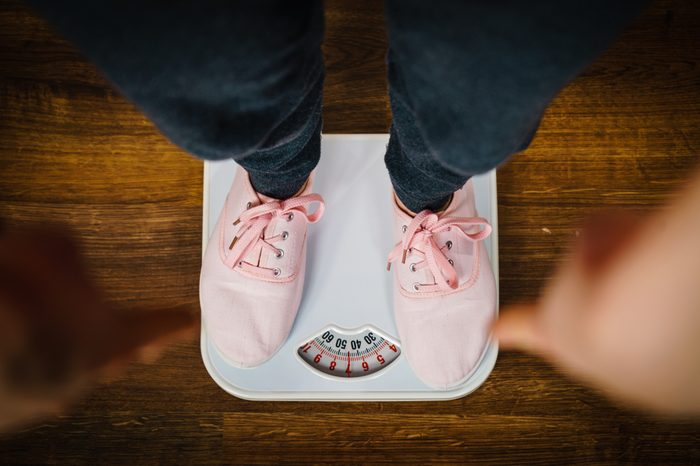
Weight
It Doesn’t Matter. Many companies add caffeine to weight-loss pills because it speeds up the metabolic rate, at least for a short period of time. Yet “there’s little evidence that consuming caffeine leads to significant weight loss or helps people keep weight off,” says Ganio.
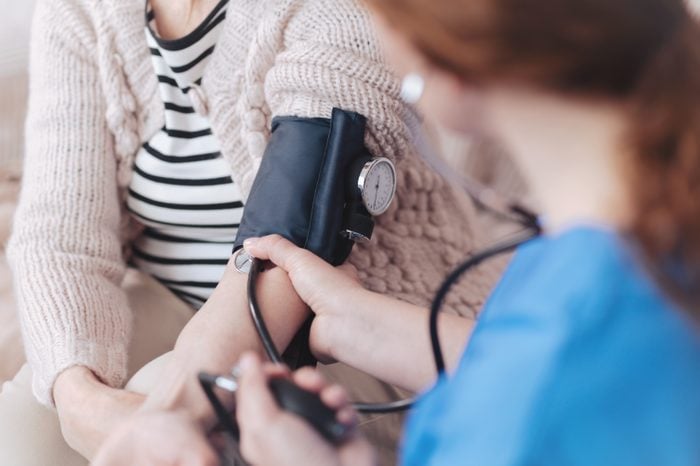
Blood Pressure
It May Matter. While caffeine users experience a modest increase in blood pressure, long-term studies don’t show a clear link between consuming coffee and high blood pressure development, notes Rob van Dam, PhD, of the Harvard School of Public Health. Here are some easy ways to lower your blood pressure.

Are Energy Drinks Dangerous?
The evidence is ominous: Energy drinks can have more than five times the caffeine of a cup of coffee, as well as other stimulating ingredients that can amplify caffeine’s effects. Consumption of energy drinks resulted in 20,783 emergency room visits for adverse reactions or abuse in 2011, according to the Substance Abuse and Mental Health Services Administration. Since 2004, over 30 deaths have been linked to energy drinks in the United States, prompting the FDA to announce an investigation in 2012. In 2014, a 16-year-old girl from Arizona went into cardiac arrest and died while on vacation in Mexico: According to reports, she’d consumed multiple energy drinks without water that day. Experts say healthy adults can safely consume about two energy-shot drinks daily, but those with underlying heart conditions should ask their doctor before trying them, and teens and children should abstain completely.
